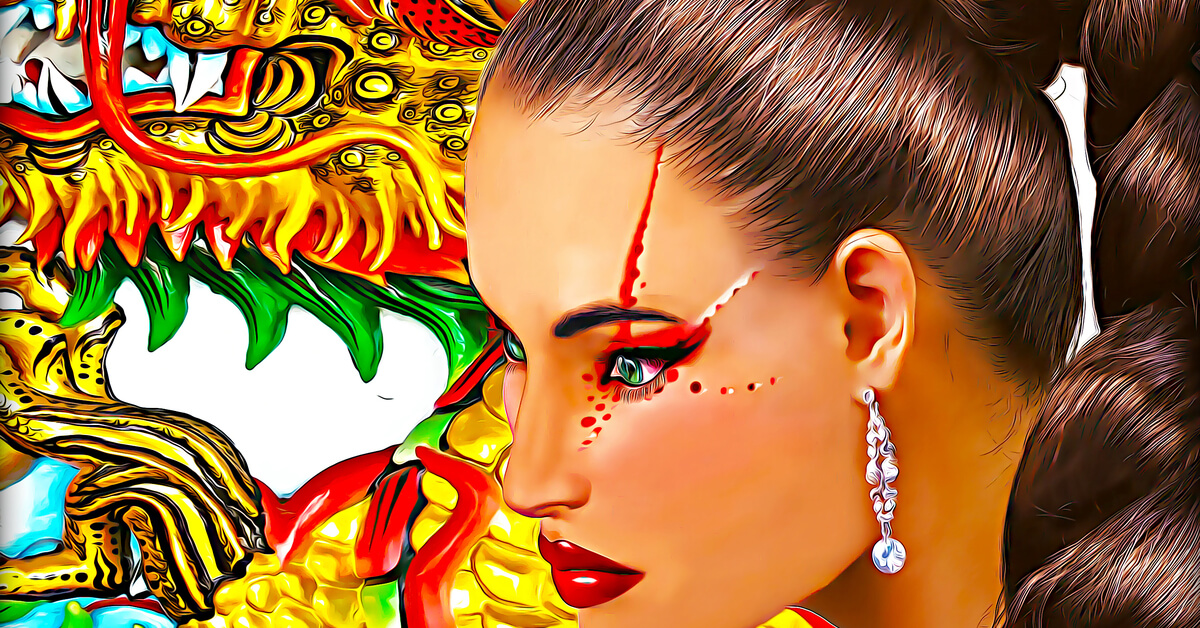Oct. 27, 2021
From Dragon Lady to Awkwafina, From Fu Manchu to Shang-Chi, Marvel’s First Asian Superhero Movie Challenges the Asian Stereotypes
My embodiment of a blend of Chinese cultural imprints has been serving me as either a curse or blessing, depending on the people I encounter. As an introvert, I often present myself as a gentle, laidback, and soft-spoken woman. For lots of rambunctious westerners, their first assumption of me is often that I am a woman who can be easily dismissed. I have been frustrated by this kind of treatment on many occasions. I kept wondering why initially. Until one day, appalled by my own ignorance, I discovered the archetype of the Dragon Lady. Thorough research leads me to believe that it is through the veil of a series portrait of the Dragon Lady representing Chinese women, we began to be viewed as submissive, quiet, demure, and nonessential. Unintentionally, my personality plays into that stereotype on the surface. My authentic self also includes strength, intelligence, compassion, and courage that can only be revealed by those who are willing to provide space for others and have the ability to listen.
For many Asian Americans, the much…



